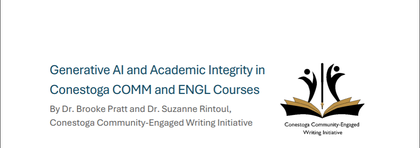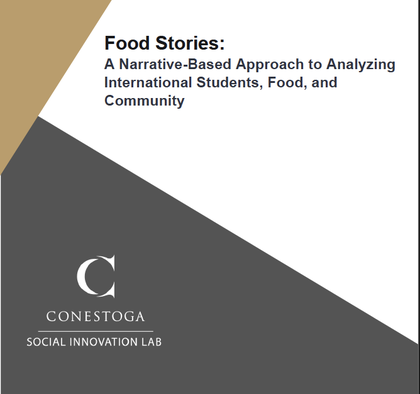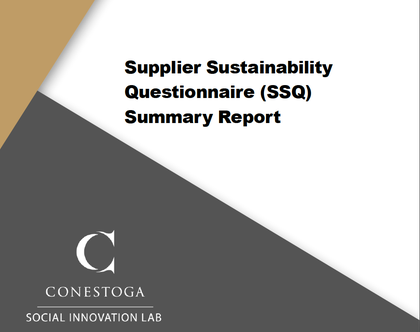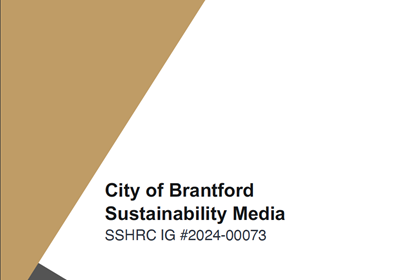Archive
-
2025
-
2024
-
2023
-
2022
-
2021
-
2020
-
2019
-
2018
-
2016
-
2013
Category
Generative AI and Academic Integrity in Conestoga COMM and ENGL Courses
CCEWI's latest research project investigates the impact of generative AI (GenAI) tools on academic integrity in writing courses taught by the college's communications department.
Food Stories: A Narrative-Based Approach to Analyzing International Students, Food, and Community
This report explores the role of food in fostering community for international students at Conestoga College. Using surveys, consultations, and writing events, the research highlights how food connects students to culture, family, and belonging. Many face food insecurity and struggle to access culturally appropriate food. The report recommends increasing affordable, culturally diverse food options and food-related events on campus to support student well-being and strengthen community.
Supplier Sustainability Questionnaire (SSQ) Summary Report
This research explores supplier sustainability within the Conestoga College Institute of Technology and Advanced Learning procurement setting as an exemplar of the broader public sector. This work builds on prior work completed with the college procurement team, including a literature review of current sustainability guidelines and policies at other public college institutions and publishing a Conestoga College Sustainable Procurement Guideline.
City of Brantford sustainability media
The City of Brantford has made sustainability a priority, but effectively reaching all residents, particularly seniors and those without regular internet access, remains a challenge. This research, conducted in partnership with the City of Brantford’s Sustainability Committee, examined the effectiveness of current sustainability messaging and explored new ways to enhance outreach to underserved communities.
The best interests of a cooperative
Most cooperatives are incorporated, with a board of directors who bear legal responsibility for supervising management and setting strategic direction. How should boards exercise that role?






